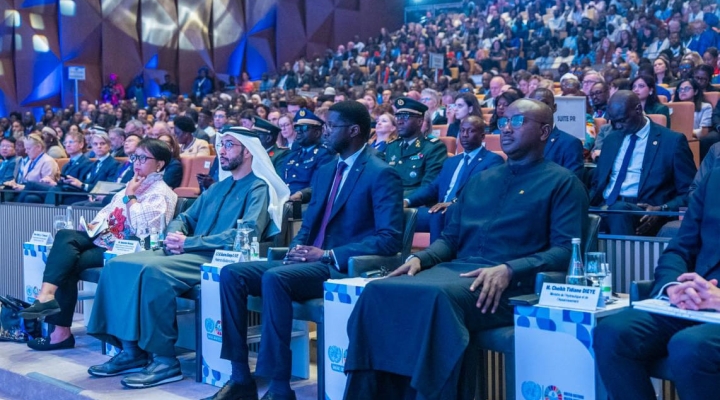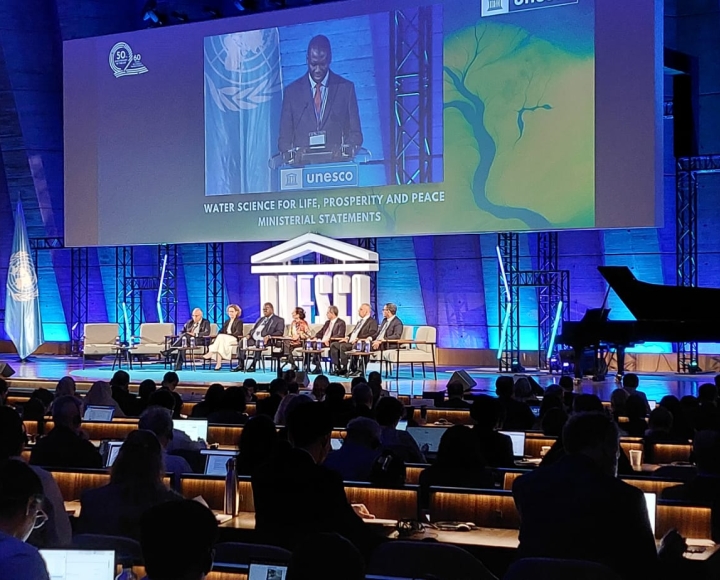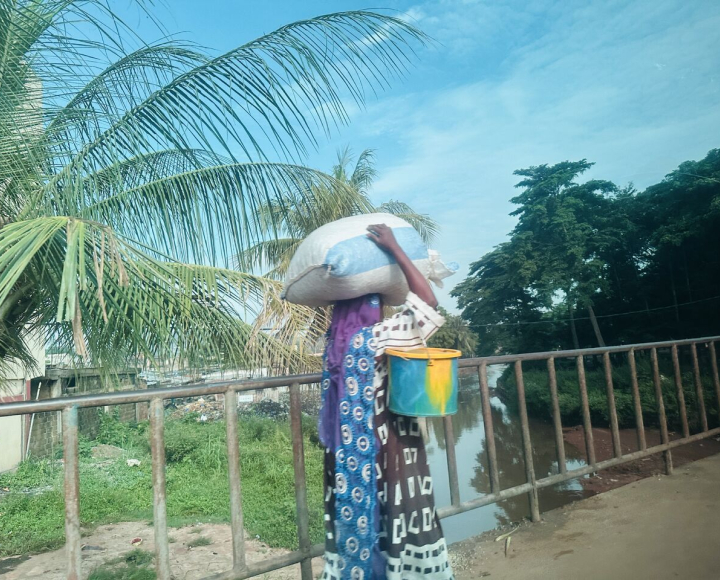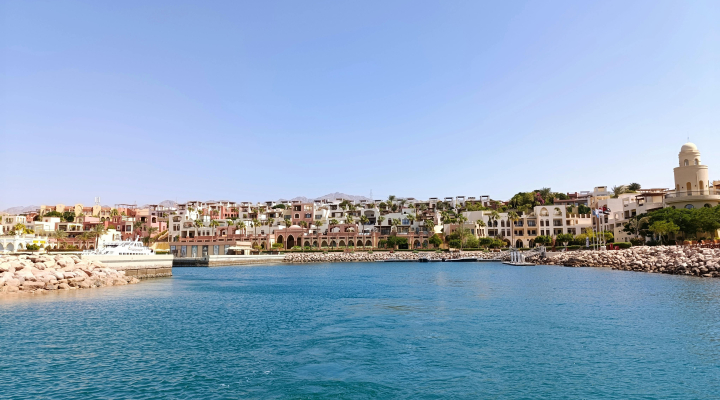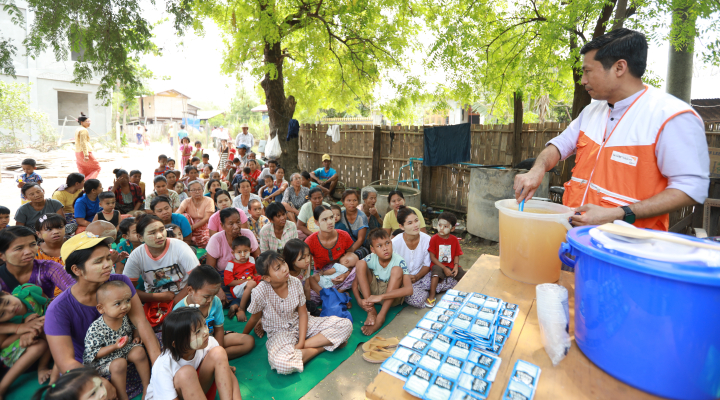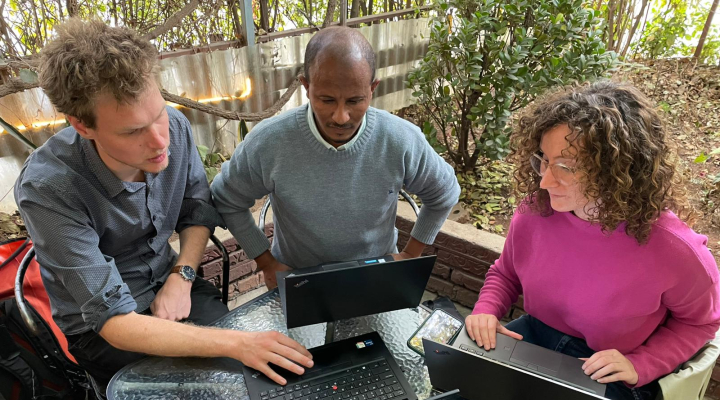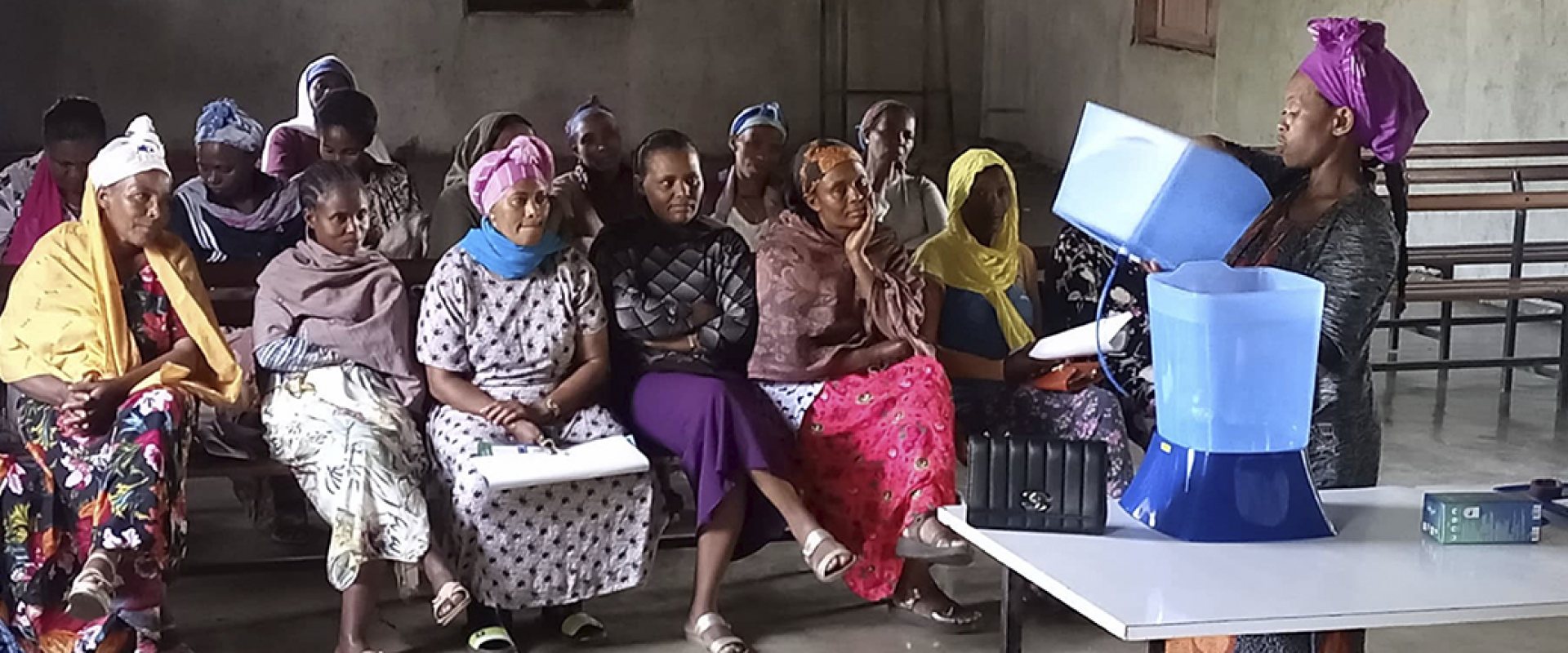
Dutch-Ethiopian partnership secures access to safe drinking water
Access to clean drinking water is limited in Ethiopia. For this reason, Nazava, a Dutch developer of water filters, and Ethiopian partner Shayashone decided to establish a joint venture and start selling water filters in the northern rural province of Amhara.
The filters supplied by Nazava and Shayashone can transform unclean and unsafe water into drinking water. Through cooperation with the Amhara health board, the joint venture has found a unique way to approach the market. Founder and designer Guido van Hofwegen and consultant Anniek Elemans share their experiences.
“Together with our partner Shayashone, we noticed that a large part of the Ethiopian population hardly has access to safe drinking water. So we decided to start selling water filters, which I had already been selling successfully in Indonesia,” says inventor and entrepreneur Guido van Hofwegen. “The contact we had with the health board of the local government of Amhara, a province in northern Ethiopia, intensified. We started to understand that we could strengthen each other, so we decided to set up a partnership.”
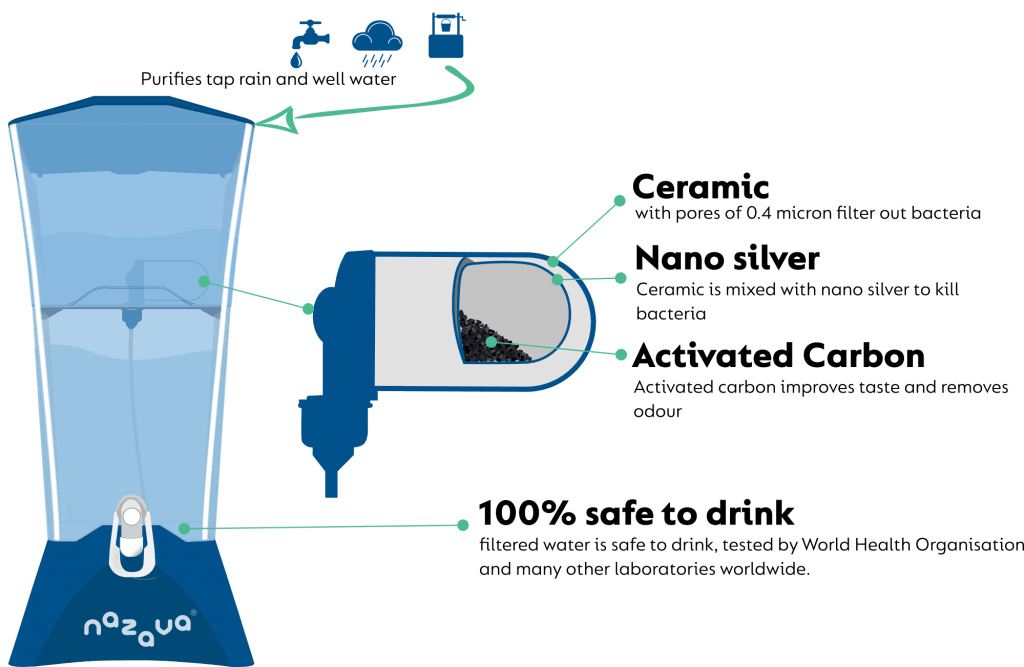

They were pleasantly surprised by the health board. "We have experienced a lot of support," says Van Hofwegen. "We were provided with land on which we could build a factory and, in collaboration with us, they trained health workers to create demand."
These health workers play an important part in the marketing of the filters. To enter this market, Nazava was looking for a way to convince people of the importance of drinking clean water and buying a water filter. Together with the Nazava sales team, the trained health workers organise awareness meetings about the importance of safe drinking water and the sales team explains what the water filters’ benefits are. Ninety-six percent of the people respond enthusiastically, and ten thousand water filters have already been sold to a precursor group.
One of the main bottlenecks is that people in Amhara often need a loan to purchase the filters. Currently they have to go to a nearby city to take out a loan, something that can be quite a hindrance, especially since this excludes many women who are not allowed to do this alone. “A microfinance organisation now joins our team to provide these loans directly,” says Anniek Elemans.
Nazava is also exploring the possibility of selling water filters in urban areas at a slightly higher price to cross subsidies sales in rural areas in order to lower prices there. The importance of good and affordable drinking water for vulnerable groups is even more important now as the recent war has impoverished many in the Amhara province. Elemans: “There is certainly a willingness to pay for a water filter. Our task now is mainly to make it as accessible as possible.”
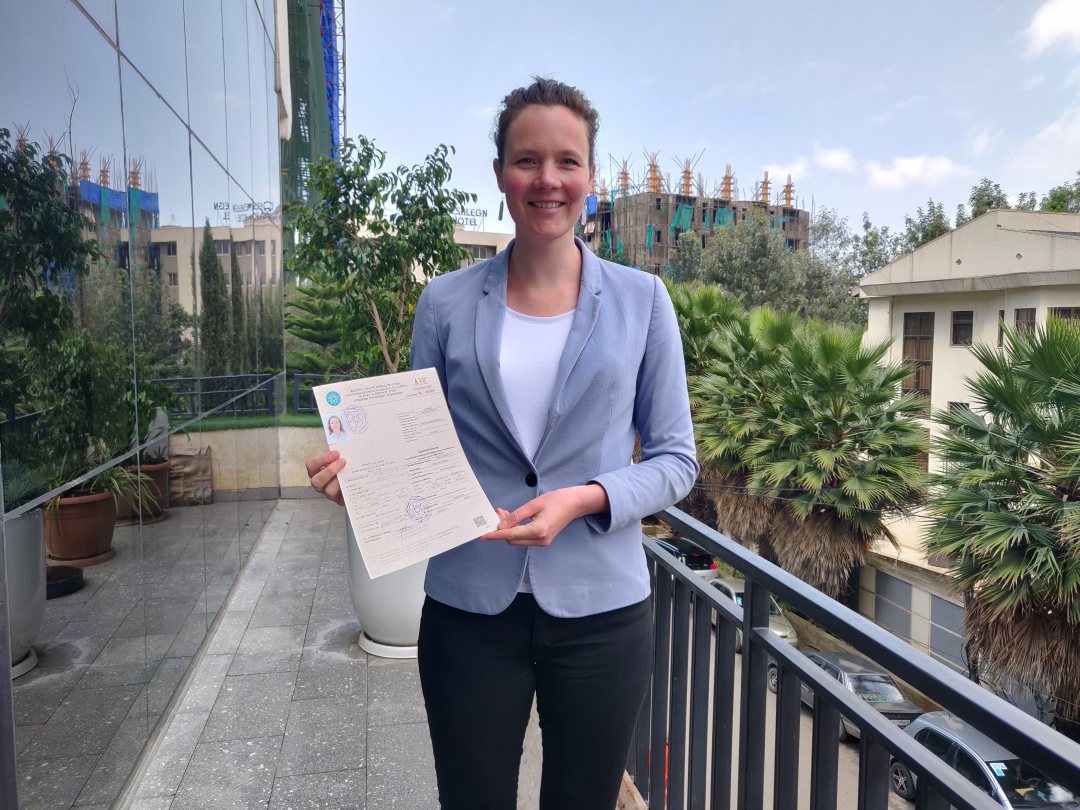

Local production
Unfortunately, getting a business license posed a bit of a challenge. But in August 2022 sales were able to resume as the business license was approved. The Ethiopian national government expects the joint venture to produce the water filters locally, since it would benefit the local economy. Which is a fair claim and part of Nazava’s intentions, after initially importing the filters to kick-start the business. Local production is also important because of the lack of foreign currency in Ethiopia and competitive advantages.
Nazava is expecting to have a viable business, partly because there are no other planned investments in rural water that can provide safe drinking water. Even the local government is eager for Nazava to start. Van Hofwegen: "It is all worth it. When we can get started, and in August 2022 we did, we will have become perfectly attuned to each other."
This article is part of a series based on projects within the Sustainable Water Fund, a Dutch Public-Private Partnership (PPP) facility commissioned by the Dutch Ministry of Foreign Affairs that aims to contribute to water safety and water security in developing countries. The facility was supported by the Netherlands Enterprise Agency. If you would like to receive more updates on their projects, please sign up for the Sustainable Water Fund Newsletter.




